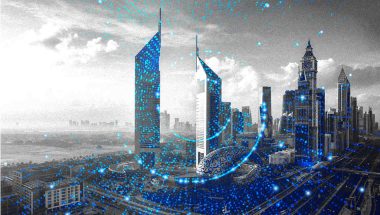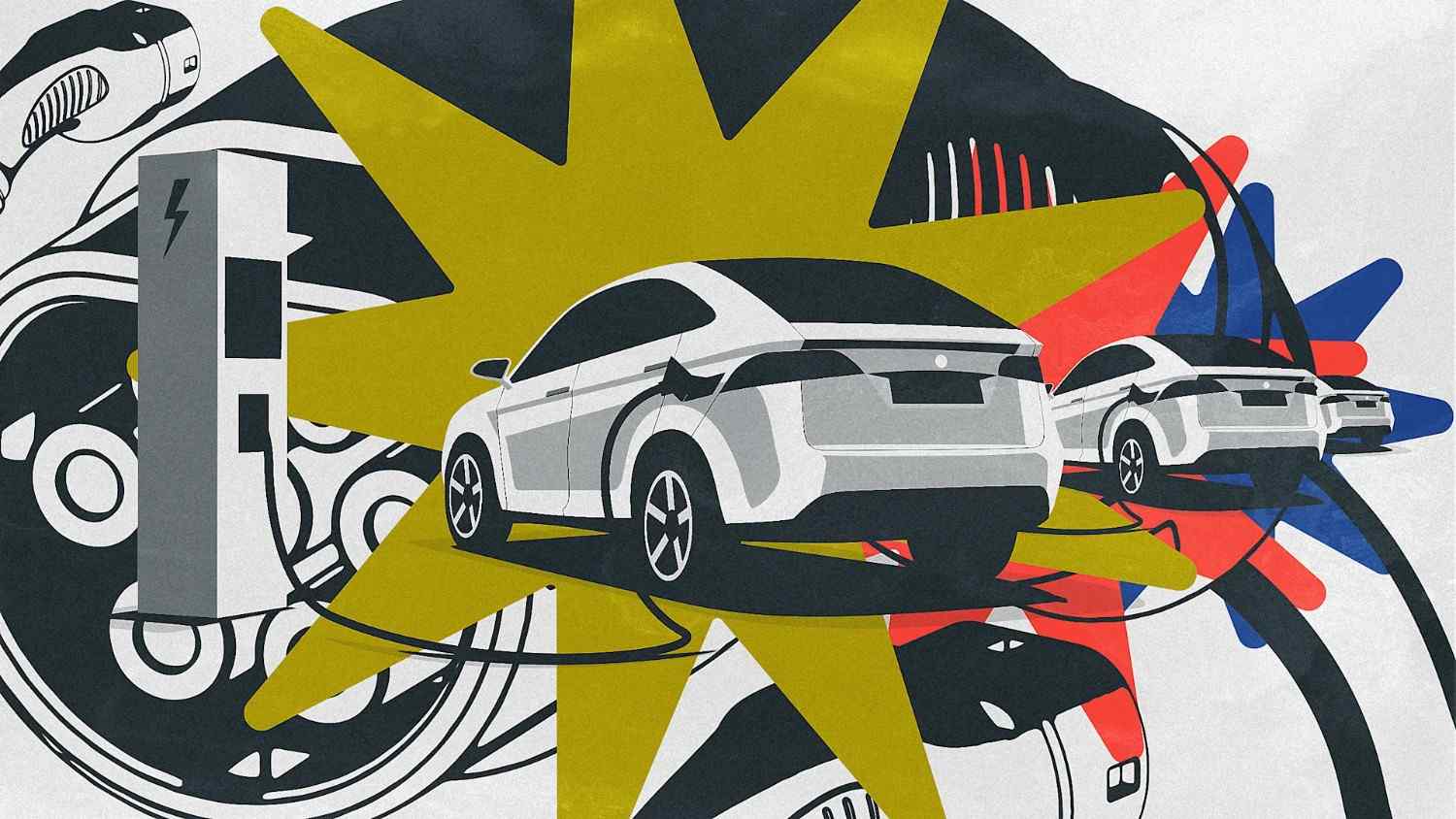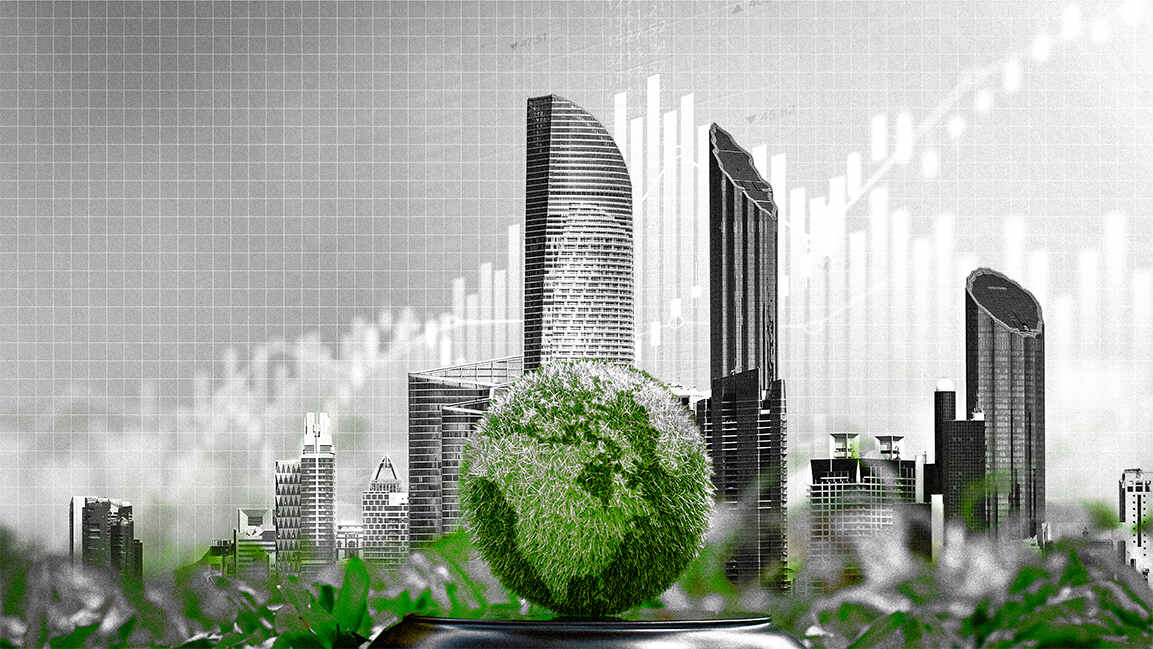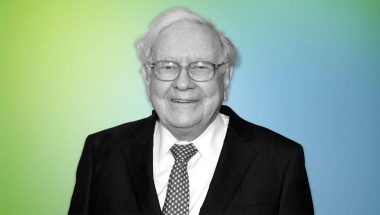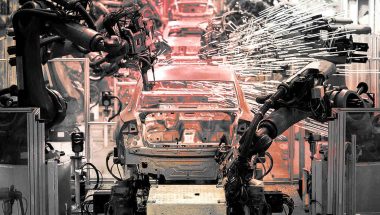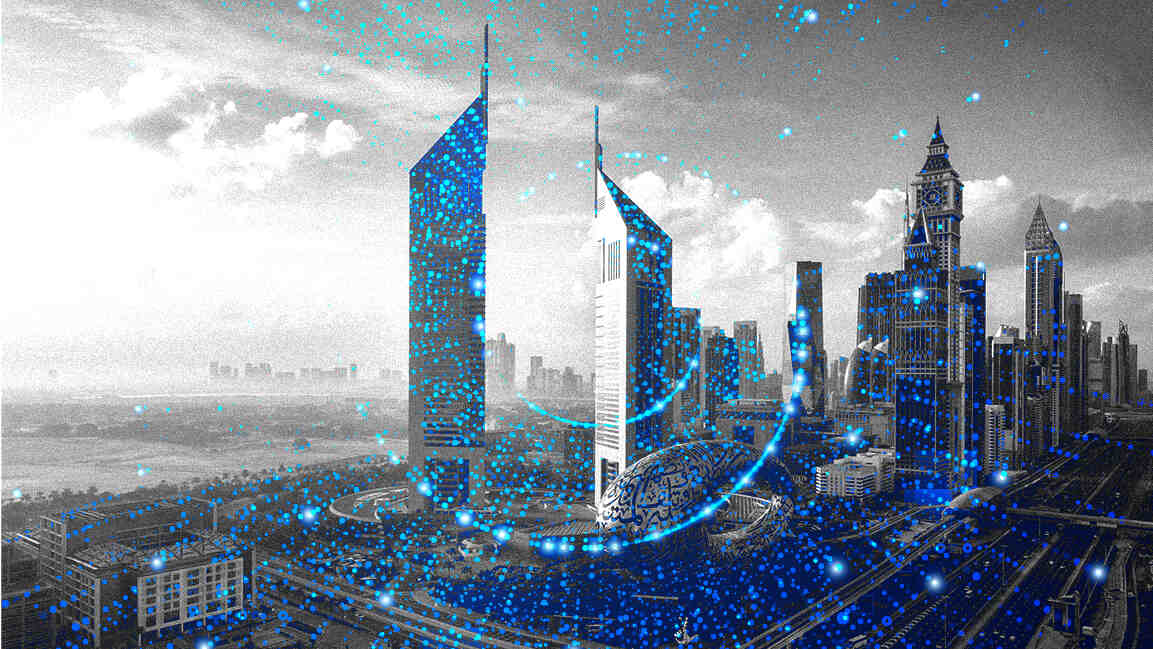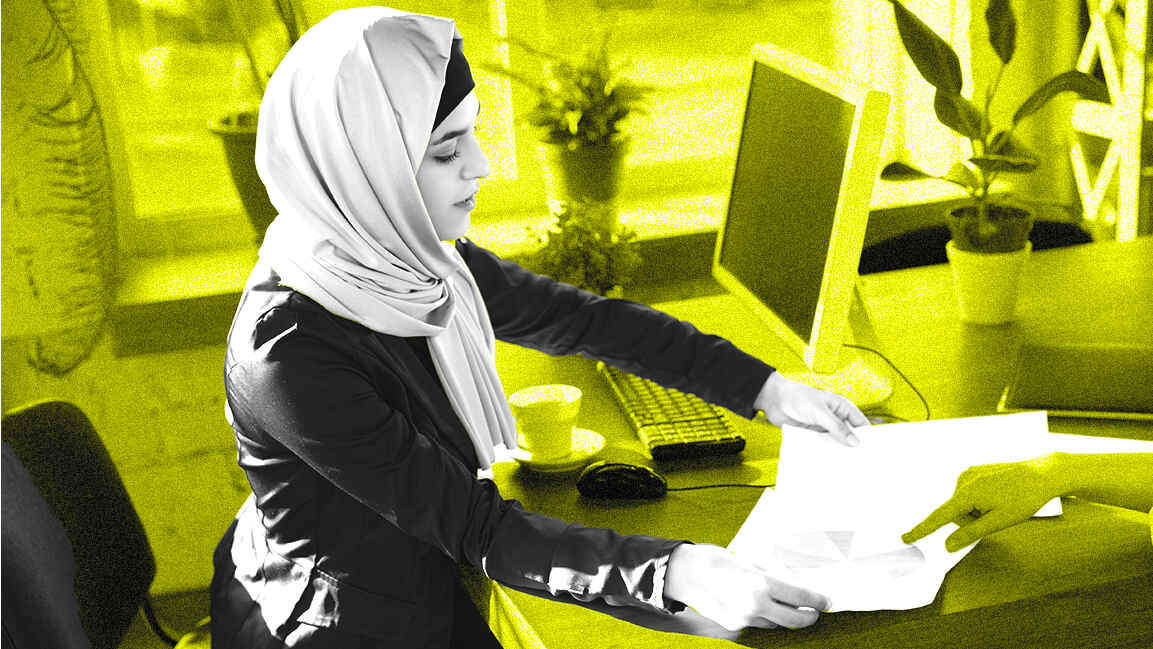- | 9:00 am
Are millennials powering the sustainable future in the GCC?
A generational perspective is driving the GCC's transition. Millennials are questioning outdated systems, integrating ESG into company DNA, and putting purpose into action.

Faced with climate risk, lack of ethical governance, and social equity, millennials aren’t simply calling for change—they’re building it into the fabric of business. But can their drive overcome entrenched systems, or will ESG stay more of a buzzword than a blueprint?
“Sustainability isn’t just a checkbox. It’s our foundation,” says Adil Keilani of re-issue, a marketplace for pre-owned designer pieces. “Millennials in the GCC are redefining business success by prioritizing purpose, transparency, and impact. We’re not just asking for change—we’re creating it, making sustainability a core part of the region’s future”.
Adila Cokar, founder of The Good Tee and Source My Garment, helps companies map their supply chains for transparency, partner with certified ethical manufacturers, measure impact far beyond profit, and uses the B Impact framework to guide businesses in embedding ESG at the core of their operations. “Sustainability is a mindset that should guide every business decision,” Cokar says.
BUILDING RESPONSIBLE BUSINESS CULTURE
Keilani and Cokar represent rising millennial changemakers across the GCC who are building a more responsible business culture from the inside out. From fashion to finance, their work signals a quiet but powerful shift in how the region defines progress and purpose.
Joarli Rivas, host of the Back into Alignment podcast, reaffirms the shift. “Millennials are not just adapting to the evolving landscape, they’re actively reshaping it through a sustainability-first mindset. Millennial professionals prioritize values over vanity, directly influencing how companies approach ESG.”
Rivas adds that through his podcast and local events, he has met many millennials “who want their careers, communities, and investments to reflect who they are and the world they want to build. “
Wealth is no longer just about personal gain for these younger generations—it’s a tool for impact.
A 2024 Deloitte report found that 63% of millennials are willing to pay more for sustainable products, and nearly one in four have distanced themselves from brands with unsustainable supply chains.
That said, Richard Escoe, the COO at Campos Holding, sees things differently. According to him, in the GCC, millennials are not yet leading ESG efforts, but their influence is growing. While strategies are still driven by top-level mandates, young professionals are beginning to shift internal culture—asking deeper questions about purpose and sustainability.
Escoe further elaborates: “ESG often focuses more on image and compliance than real change, especially in top-down corporate cultures. The issue isn’t a lack of intent but flawed design. To be effective, ESG must shift from symbolic gestures to actions that deliver tangible societal value, like better systems, education, and dignity, reclaiming their true purpose as tools for institutional renewal.”
Highlighting that millennials played a key role in bringing sustainability into the heart of business strategy, which Gen Z is now amplifying that influence, choosing employers and brands based on strong ESG values, Tania Jarjur, Group General Counsel at Yellow Door Energy, says, “At Yellow Door Energy, we’ve seen this firsthand: companies aren’t just going solar to save costs anymore—it’s a reflection of their values. Vendors are also aligning with ESG goals to stay relevant. As a result, ESG is shifting from a peripheral concern to a core component of brand identity, driven by younger generations’ demand for purpose and authenticity.”
STEERING ESG TOWARD SUBSTANCE OVER SLOGANS
Jarjur says that millennial leaders are driving a shift in family businesses, which form the backbone of the GCC’s private sector and contribute over half of industry activity. They are adopting clean energy solutions and embedding sustainability deeper into business practices. “They’re evolving long-standing social commitments into broader environmental leadership.”
Although millennial-led ESG transformation in the Gulf is still emerging, young professionals, especially those tied to national food security and education initiatives, are asking deeper, impact-driven questions, according to Escoe. “They’re steering ESG toward substance over slogans—focused on lasting value and real-world benefit, not just image or compliance.”
For ESG to truly take root in the region, it must move from optics to function. But take hope that a real shift is happening in the Gulf’s corporate world. Millennials are leading it by asking smarter questions—about wellbeing, the environment, and the long-term impact of business—changing how decisions are made and spaces are designed. “As a millennial myself, these conversations matter,” says Rivas. “Sustainability isn’t optional anymore—it’s the blueprint for the future we want to live in.”







